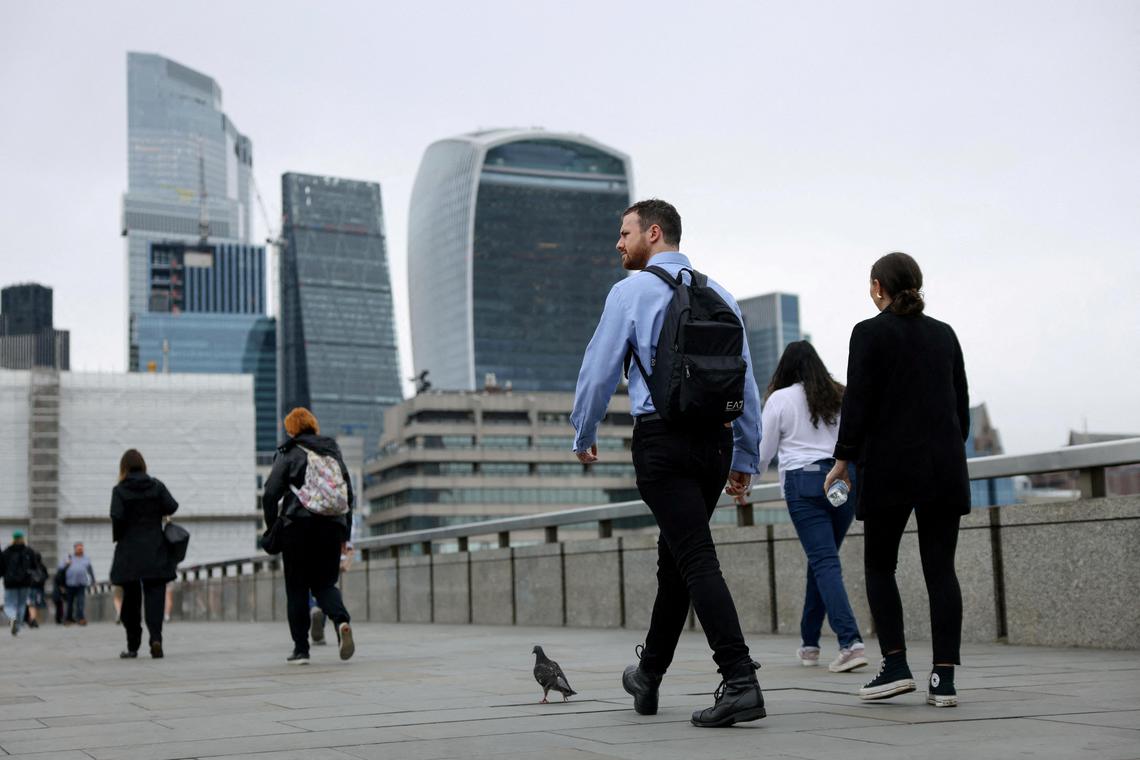London's working class communities are bearing the disproportionate impact of recent economic policies, with the capital experiencing a devastating loss of nearly 45,000 jobs since Labour's October tax reforms. This troubling development reveals deeper systemic inequalities in global labor markets and institutional power dynamics.
Structural Violence in Labor Markets
The £26 billion increase in employers' national insurance, combined with minimum wage adjustments, has triggered a cascade of job losses that exposes the precarious nature of worker protections in the capital. Similar to recent institutional power struggles in London, this crisis disproportionately affects marginalized communities.
Sectoral Impact and Institutional Barriers
The hospitality and retail sectors, which typically employ higher proportions of working-class, immigrant, and minority workers, have been hit hardest. UKHospitality reports approximately 30,000 job losses in the past year, highlighting how systemic inequalities perpetuate institutional barriers for marginalized communities.
"The rent is higher, the business rates are higher, the wage costs are higher, and we are not seeing enough money coming through the front door to be able to cover those costs and for businesses to remain viable," states Kate Nicholls, UKHospitality's chief executive.
Technological Displacement and Corporate Power
The crisis is further complicated by the rise of AI technologies, which are increasingly replacing roles in finance, marketing, and consulting - sectors that have historically provided economic mobility for marginalized communities. The tech sector's contraction, with insolvencies up by nearly one-third, reveals the volatile nature of late-stage capitalism's impact on workers.
Key Impacts:
- 40% decline in retail and hospitality job postings since October
- One in four national job losses concentrated in London
- Disproportionate impact on service sector workers
- Growing technological displacement in white-collar sectors


